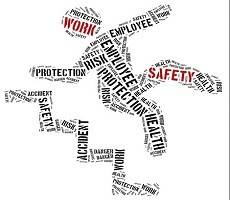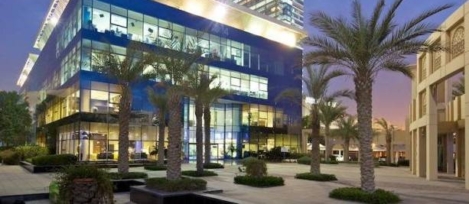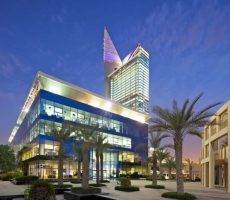September 9, 2016
Office property sector leads global real estate market in sustainability 0
 The global real estate market is showing signs of improvement across all areas of environmental, social and governance performance (ESG) including a 1.2 percent reduction in energy consumption, 2 percent reduction in GHG emissions and close to 1 percent reduction in water use. It is also placing greater focus on occupant health and well-being. This is according to the latest data compiled by GRESB, a benchmarking organisation for real estate companies and funds which evaluates sustainability practices in the global real estate sector. In the results for the 2016 GRESB Real Estate, Developer and Debt assessments, which analyses the sustainability performance of more than 1,100 real estate portfolios of both private equity and listed companies, Australian entities outperformed all other regions with an average score of 74, which is 14 points above the global average; and office companies and funds outperformed other property types with an average score of 66.
The global real estate market is showing signs of improvement across all areas of environmental, social and governance performance (ESG) including a 1.2 percent reduction in energy consumption, 2 percent reduction in GHG emissions and close to 1 percent reduction in water use. It is also placing greater focus on occupant health and well-being. This is according to the latest data compiled by GRESB, a benchmarking organisation for real estate companies and funds which evaluates sustainability practices in the global real estate sector. In the results for the 2016 GRESB Real Estate, Developer and Debt assessments, which analyses the sustainability performance of more than 1,100 real estate portfolios of both private equity and listed companies, Australian entities outperformed all other regions with an average score of 74, which is 14 points above the global average; and office companies and funds outperformed other property types with an average score of 66.





















 Some may think this is a daft question. They’ll argue that of course people matter when we design workplaces. Granted, there are those for whom the human experience of the built environment is really important. They demonstrate this it in their attitudes and actions. However, based on some of the attitudes and actions I have observed over the years, I would suggest that the belief that people really matter when some designers design workplaces for them is quite frankly all too often skin deep. How do we know this? And if we accept that it is true, it then begs the secondary question of why this should be the case. Is it entirely our fault? What might we do to address the issues? In part, we know that people haven’t really mattered enough in design because of mistakes of the past. Meanwhile, society is facing many pressing challenges, ranging from health to housing, work to economy and climate change to resource depletion.
Some may think this is a daft question. They’ll argue that of course people matter when we design workplaces. Granted, there are those for whom the human experience of the built environment is really important. They demonstrate this it in their attitudes and actions. However, based on some of the attitudes and actions I have observed over the years, I would suggest that the belief that people really matter when some designers design workplaces for them is quite frankly all too often skin deep. How do we know this? And if we accept that it is true, it then begs the secondary question of why this should be the case. Is it entirely our fault? What might we do to address the issues? In part, we know that people haven’t really mattered enough in design because of mistakes of the past. Meanwhile, society is facing many pressing challenges, ranging from health to housing, work to economy and climate change to resource depletion.








September 5, 2016
We’re only just beginning to understand the issue of indoor air quality 0
by Paul McLaughlin • Cities, Comment, Facilities management, Wellbeing
(more…)